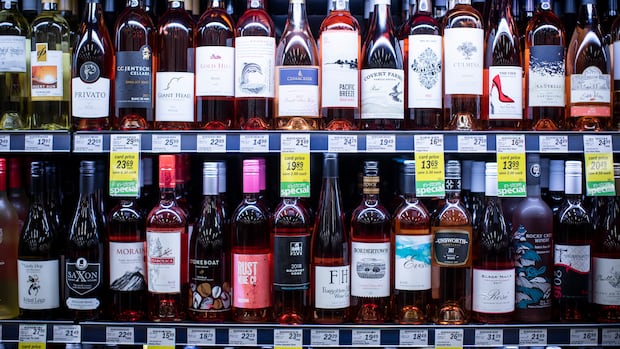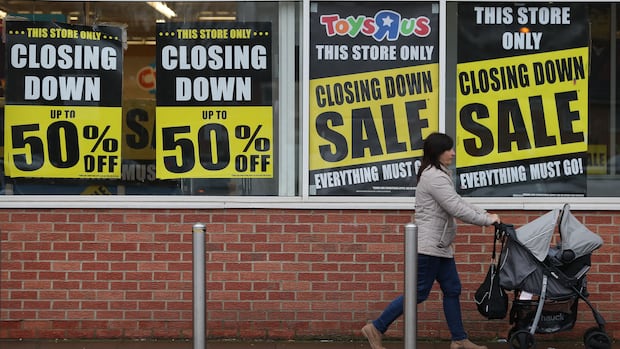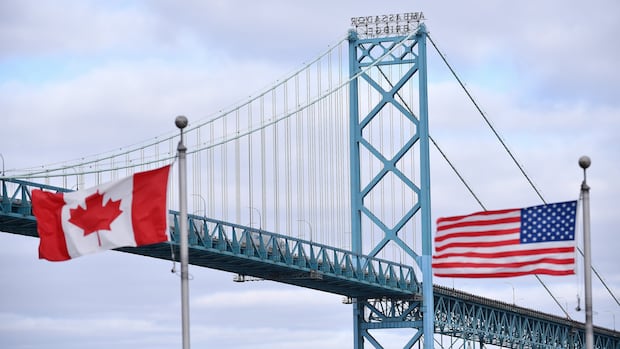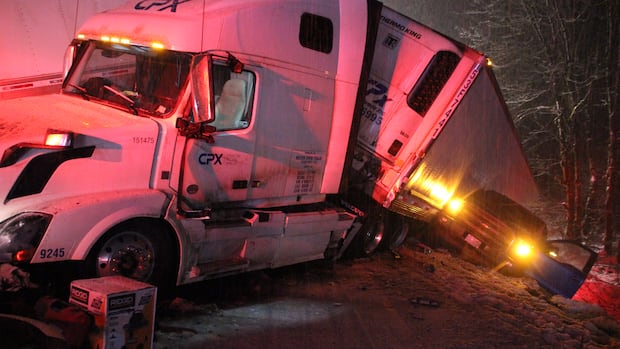Listen to this article
Estimated 5 minutes
The audio version of this article is generated by text-to-speech, a technology based on artificial intelligence.
Vehicle insurance companies are going to keep a close watch on whether the Alberta government keeps driving forward with a proposal to increase some highway speed limits to 120 km/h.
The province has launched an online survey about increasing the speed limit on upwards of 2,150 kilometres of divided highways in different parts of Alberta. The survey also asks which of the highways should be prioritized for faster speeds.
The government plans to begin a trial after the survey closes on Dec. 12.
The proposed speed limit change comes at a time when Alberta already has among the highest insurance premiums in the country.
In recent years, insurance providers have struggled with unprofitability, leading several companies to withdraw from the province.
There are many factors that contribute to the cost of insurance, including the amount and severity of collisions.
Increased speed limits won’t necessarily translate into higher insurance premiums, but speeding is a main factor in many crashes.
“If this was to have a direct correlation, I think then, yes, it could have an impact on increased premiums for consumers,” said Matt Dillon, an executive vice-president with Surex, an online insurance broker.
“If it's any factor that attributes to increased frequency of claims or severity of claims, it’s ultimately going to have a price adjustment passed on to the consumer."
 Alberta is looking at increasing the speed limit on some highways to 120 km/h. British Columbia raised speed limits on some of its major highways in 2014 but rolled back most of those changes a few years later. (Government of B.C.)
Alberta is looking at increasing the speed limit on some highways to 120 km/h. British Columbia raised speed limits on some of its major highways in 2014 but rolled back most of those changes a few years later. (Government of B.C.)Speed limits above 120 km/h exist in other parts of the world, including in the United States and Europe.
In Canada, there is only one stretch of roadway with a speed limit of 120 km/h — on the Coquihalla Highway between Kamloops and Hope, B.C.
In 2014, British Columbia initially raised the speed limit to 120 km/h on three major multi-lane highways, while also increasing the speed limit on 30 other sections of highway. Many of those changes were rolled back in 2018 after serious and fatal crashes.
The number of fatal crashes jumped by 118 per cent, injury claims with the Insurance Corporation of British Columbia (ICBC) rose by 30 per cent, and total insurance claims went up by 43 per cent, according to research published by professors at the University of British Columbia in 2018.
The ICBC website describes speeding as the top contributing factor to vehicle crash fatalities in B.C.
This week, a spokesperson for the ICBC said the agency wouldn’t be able to quantify how a speed limit or crashes in one corridor impact insurance premiums.
Waiting for data“In a general sense, one could likely assume if there's higher rates of speed that the severity of those injuries could be a lot worse,” said Dillon. “If that does come to fruition, that's going to be built into pricing of policies.”
But for now, insurance companies will have to wait for claims data if the speed limit changes take effect.
“Auto insurance premiums are actuarially determined, which means they rely on claims data to help predict future costs. A portion of premium calculations is based on where a driver lives — and not on the specific roads they travel,” said Rob de Pruis, a national director with the Insurance Bureau of Canada, in an emailed statement.
WATCH | In October, Calgary firefighters called for harsher penalties for excessive speeding:The president of the Calgary Firefighters Association says the growing trend of excessive speeding on Stoney Trail is not only dangerous but also putting an unnecessary strain on resources.It’s unclear whether highway speed limit increases will impact insurance rates, said Alberta’s transportation minister Devin Dreeshen, in an interview with CBC's Alberta at Noon.
“There’s lots of jurisdictions and traffic data that the insurance bureau and others can use to see how higher speed limits set for the designed road is a safe way to go about,” he said.
New vehicles are most expensive in Alberta compared to all other provinces, at $68,948. Generally, more expensive vehicles cost insurers more money to repair or replace, which results in higher premiums.
'It will be a concern'Alberta could see more crashes because of the province's increasing population which is, in turn, resulting in more drivers on the road, Dreeshen said.
On average, there are two vehicles per Alberta household, which is the highest of any Canadian province.
Alberta is also above the national average for motor vehicle fatalities and injuries, according to Transport Canada.
The provincial government’s exploration of higher speed limits sends an unsafe message to drivers, said Staff Sgt. Andy Woodward with the Calgary Police Service.
“We’ve got to be realistic,” he said. “We have speed limits of 110 km/h. People will always travel 130 now. If we give them 120, will they travel 140 or 150? Yes, they probably will, so I’d say it will be a concern.”











